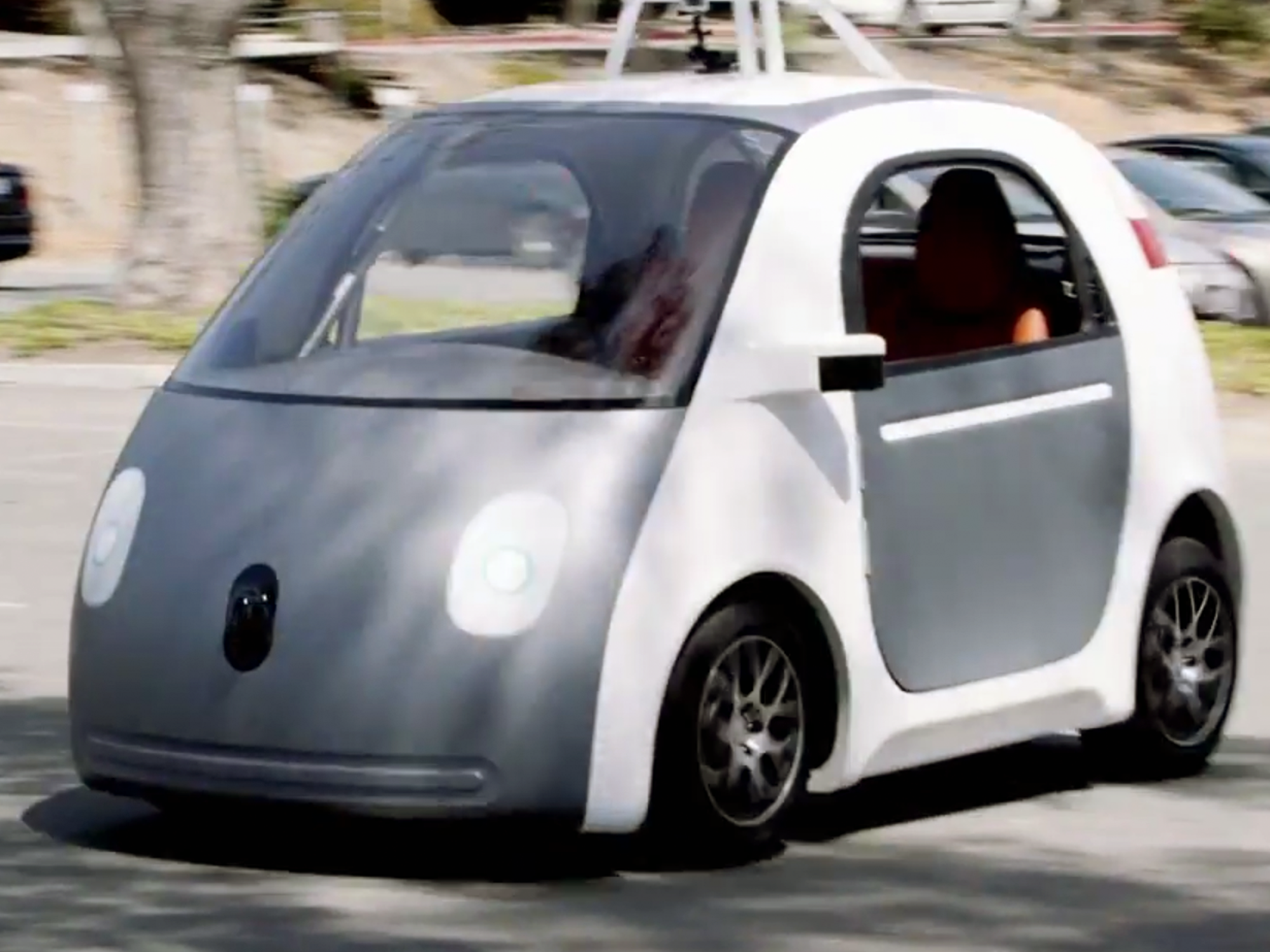
According to the PYMNTS/Visa Digital Drive report, only about 14 percent of consumers are “extremely interested” in owning or using an autonomous car, with about 21 percent saying they are “very interested,” and 23 percent “somewhat interested.”
Every weekday morning, 135 million U.S. adults drive a car to work, with commutes ranging from as little as 15 minutes to over an hour, PYMNTS research shows. During this daily grind, motorists are driving $212 billion in commerce as they drive to and from their workplaces and homes. That’s a huge opportunity for the emerging technology of automobiles.
Indeed, autonomous and self-driving vehicles are among the most highly anticipated developments in the automotive industry – the stuff of science fiction and futurism for a good solid century.
Not only could this technology dramatically change the way consumers and motorists think about driving and mobility, it could also significantly increase the rate of purchases made during the daily commute.
According to PYMNTS findings, over 75 percent of smartphone users who spend more than 30 minutes in traffic traveling to and from work would order ahead more often if their vehicles were both autonomous and connected.
But for that to happen with autonomous vehicles, people will not only have to feel safe, research indicates, but will have to accept what amounts to a change of culture centered around the automobile – easily one of the main cultural and economic factors in modern consumer life, especially in the U.S.
Polls show that senior citizens – a group that includes increasing amounts of retired Baby Boomers – are extremely anxious and skeptical about self-driving vehicles, even though they could serve to help such consumers get around when they are no longer able to drive themselves.
And AAA found that 73 percent of U.S. drivers are afraid to use autonomous vehicles, with 63 percent unwilling to share a road with them because of safety concerns, bolstering the point made by Zetsche and others.
So, what’s that all mean? It’s unlikely that the drive toward the autonomous future is going to slow down, not with all the big players, big money and well-funded startups involved, and potentially long-term partnerships being formed around the emerging technology. But it also seems likely those concerns about safety – whether increased by airplane crashes or not – will not go away anytime soon.